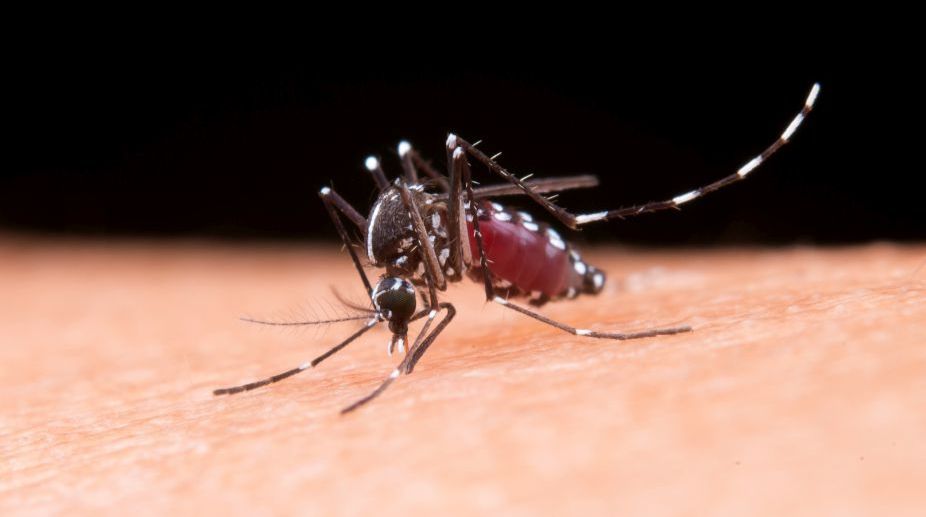Cambodia records 46 per cent drop in dengue cases in 2024
Cambodia reported 18,987 dengue cases in 2024, a sharp decline of 46 per cent from 35,390 cases in the year before, said a Ministry of Health's report on Sunday.

(Photo: Getty Images)
With the regular outbreak of dengue that had ravaged Kolkata and mostly South Bengal districts claiming more than 40 lives and affecting thousands of people last year, a top international expert in bio-technology and genetic engineering has prescribed genetic modifications in mosquitoes to tackle the menace.
Aedes Aegypti mosquito carries the virus that causes dengue fever.
Advertisement
While delivering a science lecture, ‘application of gene therapy and biotechnology for the future’ organised by the Science City in the city on Tuesday, Dr Nabarun Ghosh, Professor of Biology at West Texas A and M University, Texas, USA said, “Genetic modification in mosquitoes can solve the problems of epidemic diseases such as dengue and malaria.”
Advertisement
“It is anticipated that the gene therapy will help reduce Zika virus also. Experiments are being carried out by where mosquitoes are introduced to neuters that would eventually reduce their population” added Dr Ghosh.
Genetic therapy is that branch of science which has emerged to be promising in curing diseases that involve genetic disorders which do not have any remedy at present.
Elaborating on this topic Dr Ghosh observed that this modern view of biotechnology aims to genetically modify organisms through DNA to cure genetic diseases.
Biotechnology has also spread its wings to various industries like medicine, food, agriculture, cloning, forensics and daily life that has been useful to mankind. These technologies include recombinant DNA, gene probes and DNA amplification, tissue culture, somatic embryogenesis, classical and traditional breeding, bio-processing and biosensing.
However, there are various concerns regarding the process of combining genes of different species.
“Genetically modified crops are altered to be resistant to plant-eating insects. They naturally produce insecticides due to the modification. However this can affect the non-targeted insects,” added Dr Ghosh.
Advertisement